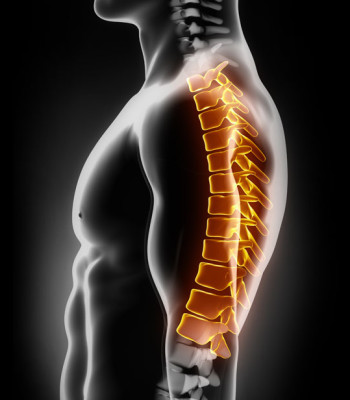Herniated Cervical Discs
Many people have herniated spinal discs and are blissfully unaware of the fact, experiencing no symptoms whatsoever from the disorder. However, others may experience an array of symptoms due to disc herniation and these symptoms can compromise the quality of life to a varying degree – even impeding lifestyles and daily routines.
Not Just a Sore Neck
In between each vertebral body (the bones of the spine), there is a rubbery cushion called a disc. These cartilage discs have soft centers and are encased in tough exteriors. They are integral to normal spine function; holding the vertebrae together, protecting the bones from rubbing against each other, and providing a degree of flexibility; all while protecting the spine.
Sometimes the disc can rupture or herniate; this occurs when part of the softer center of the disc pushes out through a crack in the tough exterior. Most common in the lumbar spine (lower back) this herniation can also occur in the cervical spine (neck). Herniated discs cause irritation to the local nerves, resulting in pain, tingling, weakness, and sometimes numbness. They can also press on the spinal cord causes more pronounced issues.



